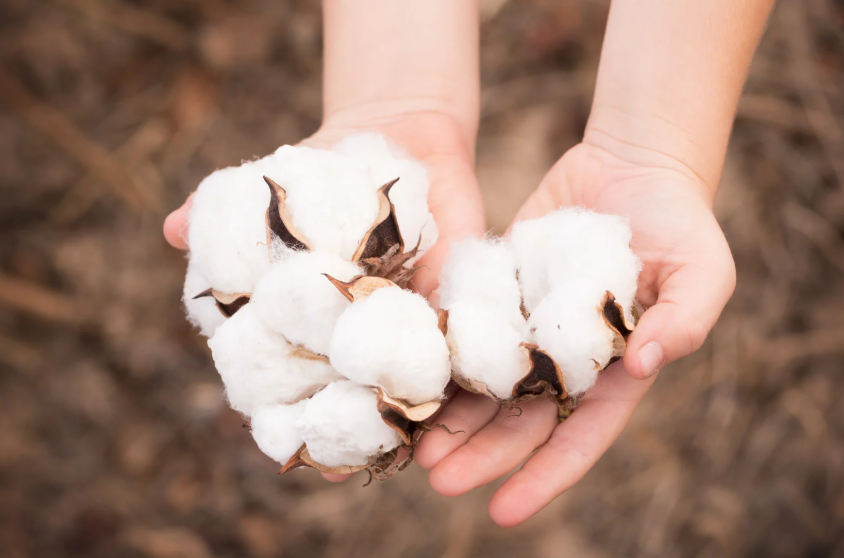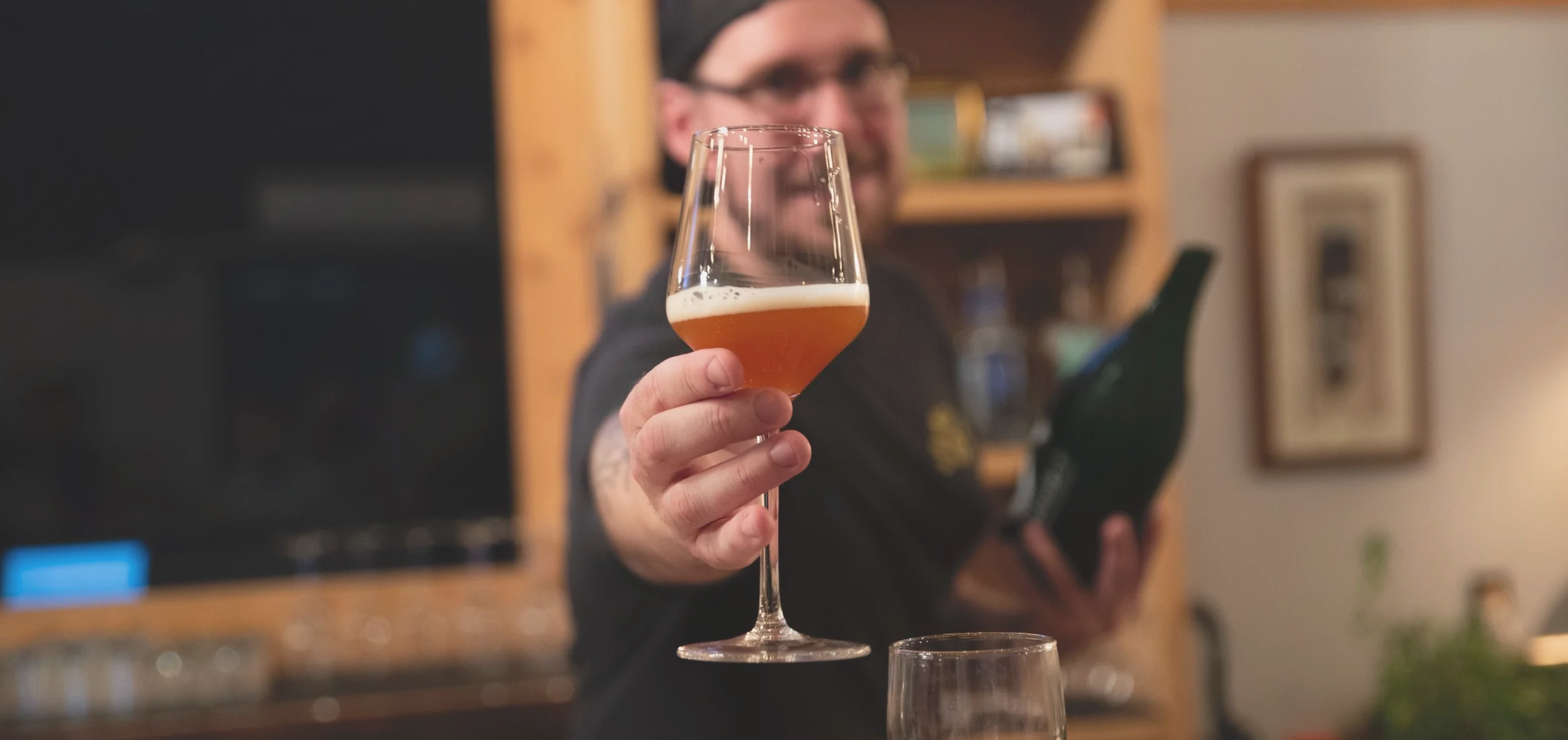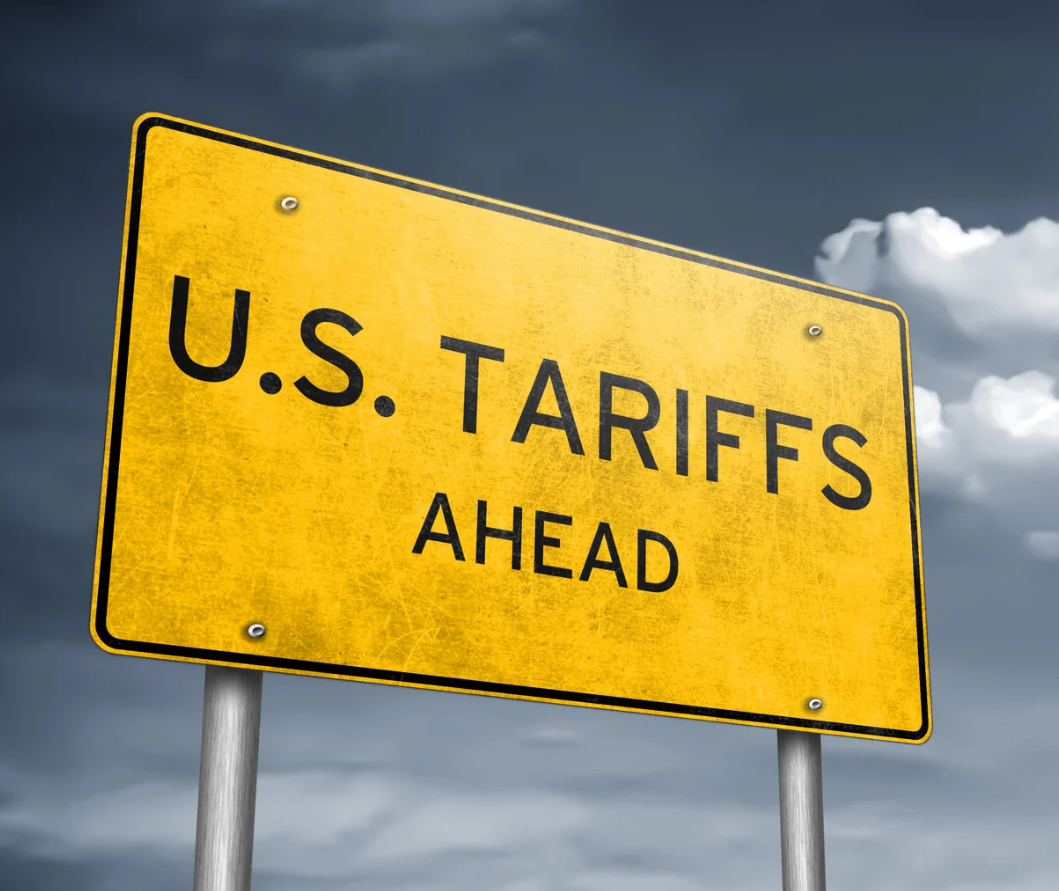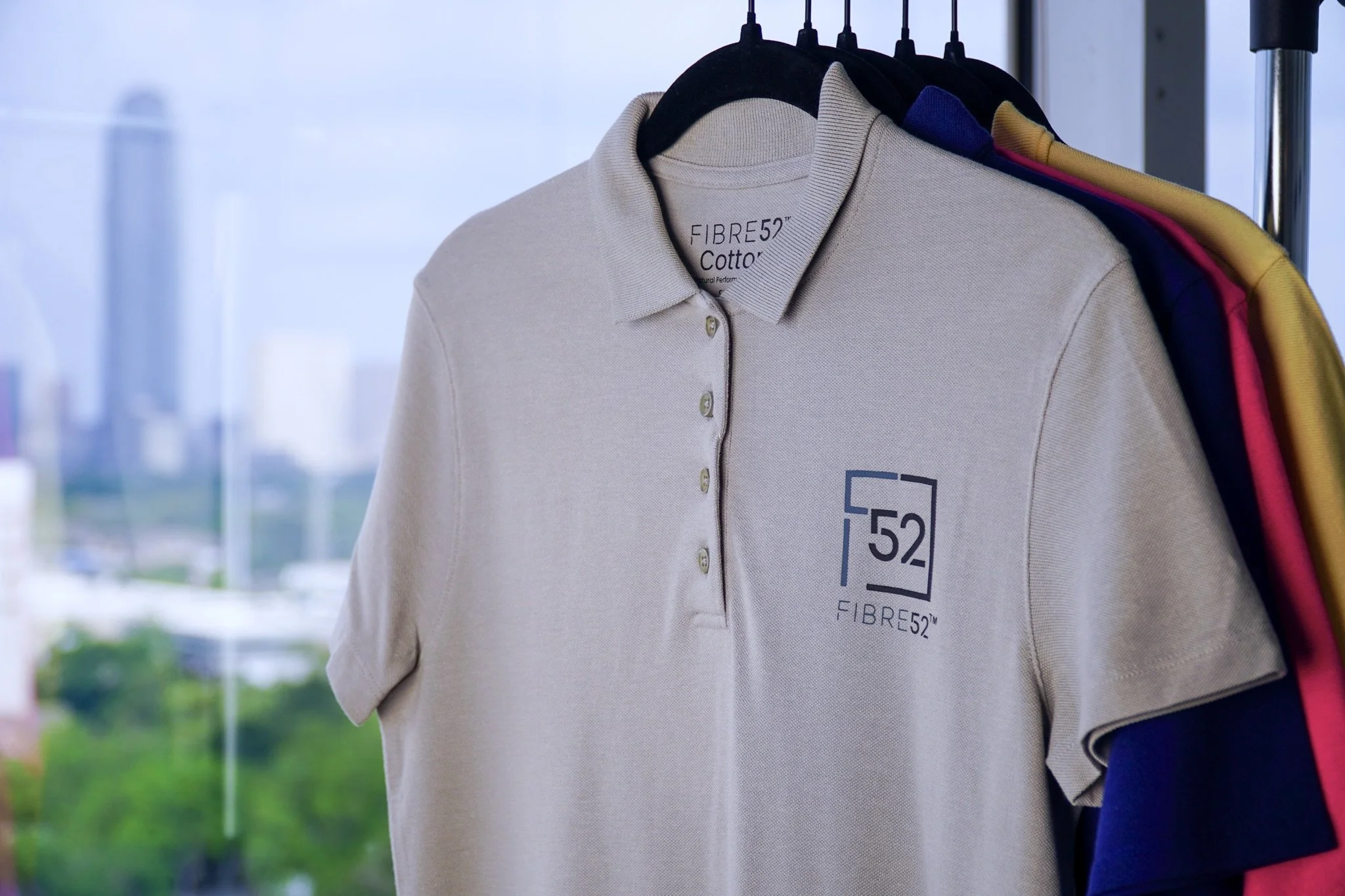
GenuTrace Insights
2026: The Year of the Double Fire Horse | Momentum, pressure and decisive change
The Year of the Horse has always been associated with movement. But 2026 carries a different intensity.
In Chinese astrology, 2026 is a Double Fire Horse year — a rare alignment that occurs only once every 60 years, with the last instance in 1966. The Horse is inherently linked to the Fire element, and in 2026 the ruling element of the year is also Fire. When these align, the effect is not additive but amplifying.
Astrologers describe this combination as one of the most intense in the zodiac, associated with rapid change, emotional pressure, and decisive turning points. Momentum increases. Indecision becomes costly.
If You Claim It, Can You Prove It? Germany’s Anti-Greenwashing Law Signals a New Era for Fashion - and Why Origin + DPP Now Matter
On 30 January 2026, Germany’s Bundesrat approved sweeping anti-greenwashing legislation that will fundamentally change how companies communicate environmental claims. As reported by Apparel Insider and other industryobservers, the law amends Germany’s Act Against Unfair Competition (Gesetz gegen den unlauteren Wettbewerb, “UWG”) to implement the EU’s Empowering Consumers for the Green Transition (“ECGT”) Directive—placing fashion and textiles squarely in the regulatory firing line.
At its core, the legislation forces brands to confront a simple but increasingly unavoidable question: if you claim it, can you prove it?
Genutrace and Kinset Partner To Help Brands Defend Cotton Claims As Germany Tightens Greenwashing Enforcement & UFLPA Scrutiny Continues
GenuTrace and Kinset collaborate to help brands prove cotton origin claims as Germany tightens greenwashing rules and UFLPA enforcement intensifies.
Genuine Cotton Traceability: Proving Cotton Origin with Physical + Digital Verification
Cotton traceability is at an inflection point. For years, origin claims have been supported primarily by documentation, certificates, and supplier declarations. That model is no longer enough. As regulatory expectations tighten and scrutiny increases, a simple question sits at the centre of every cotton supply chain: if you claim an origin, can you actually prove it?
Spotlight on Rites Brewing: Craft, Community, and the “Right” Ingredients
Much like the farm-to-table movement transformed how we think about food, Rites Brewing is reshaping how Long Island approaches craft beer. Founded by Long Island locals Tim Irwin and Chris Dougherty, the brewery stands for something refreshingly simple yet increasingly rare: knowing exactly where your ingredients come from — and why that matters.
From Claims to Proof:Why Physical Traceability Is Becoming Essential
“For us, traceability is not about creating more data — it’s
about creating credible proof. Physical verification allows
brands to move beyond assumptions and documentation, and
toward evidence that can be independently checked at any
point in the supply chain. That’s why we also value the role of
independent, science-led advisors like GenuTrace, who help
brands apply physical traceability responsibly and in ways that
stand up to real-world scrutiny.”
— Patrick Stumpf, CEO, Haelixa
The Importer’s Most Underrated Strategic Advisor: How the Role of the Licensed Customs Broker Has Changed Forever.
As tariffs expanded and enforcement accelerated, the broker’s role evolved rapidly. Today, Licensed Customs Brokers are advising importers on classification strategy, valuation methodology, origin substantiation, and lawful tariff mitigation. We help companies understand not just what they owe, but why they owe it, how exposure can be reduced, and how decisions will hold up under audit. For thousands of importers, the Licensed Customs Broker has become a primary source of guidance in an environment where mistakes are costly and assumptions are dangerous.
Frankincense: Follow the Star - The First Christmas Gift is Perfect for Christmas 2025
In the Christmas story, the gift of frankincense by the Magi to the infant Jesus was a gift of one of the most precious substances in the ancient world. Tradition tells us that frankincense, with its sweet and sacred aroma, represents divinity evoking the feeling of peace and well-being, which makes it something special.
How Interloop Regen Kapas, Looptrace, and Digital Transparency Are Reshaping Cotton Supply Chains
The textile industry is shifting. Regulators are raising expectations, brands are being held accountable, and consumers are no longer satisfied with promises—they want proof.
Sustainability and traceability are no longer parallel conversations; they are now inseparable. Cotton sits at the center of this change, and companies that can demonstrate where, how, and under what conditions their materials are made are defining the future.
Human Rights Day: Why Traceability Is More Than a System — It’s a Responsibility
Every year on December 10th, the world pauses to recognize Human Rights Day, marking the adoption of the Universal Declaration of Human Rights in 1948. It is a moment of reflection, accountability, and recommitment to the shared belief that dignity, fairness, and freedom are not privileges — they are rights.
Doing the Hard Work Behind the Label: Grey Matter Concepts’ Approach to Sustainability and Traceability
The apparel business doesn’t suffer from a shortage of sustainability promises. Every trade show booth has a “green” banner. Every deck has a slide with trees and arrows. You’d think, judging by the marketing, that we’ve already solved the problem. Meanwhile, mills struggle, factories close, and workers still live with the consequences of an industry that chases price first and cleans up the story later.
Tracing the Future of Color: How BioBlack Is Redefining Material Transparency
As brands look to phase out fossil-derived ingredients and meet new regulatory expectations, material verification has moved from a back-office exercise to a central part of business strategy. Nature Coatings’ BioBlack platform, a 100% biobased line of pigments made from FSC certified wood waste, is emerging to accelerate that shift. It offers traceable origins, clean chemistry, and a verified emissions profile at a moment when companies are being asked by global regulators and consumers to verify what their products contain.
Leading the Dry-Colour Revolution: A Conversation with COLOURizd
What inspired you to create COLOURizd? Colour has always been central to good design, yet traditional dyeing remains one of the industry’s most resource-intensive and polluting stages. My partners and I wanted to change that. As longtime industry insiders, we had unknowingly contributed to the problem — until we learned enough to know we could do better.
Texoligy: Bridging Innovation, Engineering, and Knowledge in the Global Textile Industry
Working alongside mills, startups, and large-scale manufacturers, Texoligy specializes in helping clients bridge the critical gap between innovation and production reality. The company’s services focus on developing and scaling textile solutions, optimizing manufacturing performance, and building long-term operational capability.
Genuine Buzz — Issue 6 • November 2025
As autumn deepens, sunflowers stand tall as a symbol of warmth, resilience, and optimism. Their golden faces turn toward the light, reminding us to stay rooted in purpose while seeking clarity and truth. In supply chains, the same principle applies: we must look beyond the surface, following the evidence that illuminates authenticity and sustainability.
At GenuTrace, we help brands and manufacturers trace every step back to its origin—because transparency, like the sunflower, always turns toward the light.
World Science Day for Peace and Development
GenuTrace celebrates World Science Day with reflections from our scientific leadership team. Featuring Dr. Ling Dong, Principal Scientist & Dr. Barbara Brockway, Science Advisor for GenuTrace.
Bleach as You’ve Always Done – Fine, but You’re Missing Out
Textile science has long preached one approach to cleaning and bleaching cotton: high temperatures and caustic soda. Let’s be frank — it works, but it comes at a cost.

















